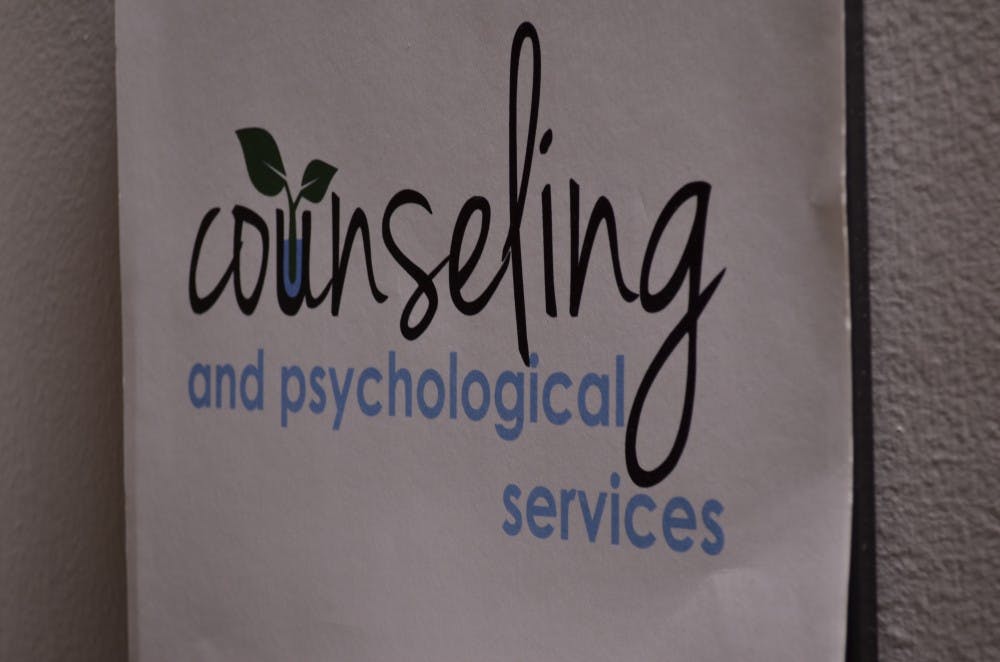Different committees of the UNC Board of Trustees met Wednesday afternoon at The Carolina Inn to discuss a variety of topics, ranging from property acquisition to fundraising strategies.
During the University Affairs meeting, the Mental Health Task Force —created in March 2018 — delivered a report following a year of research into mental health problems plaguing students in Chapel Hill and around the country. The task force met 15 times in the past year.
Research indicates an uptick in symptoms among Chapel Hill students. Therapy appointments at CAPS increased 28 percent in the five-year period between the 2012 and 2016 academic years, and urgent next-day follow-up appointments increased nearly 105 percent in the same period.
An assessment by the American College Health Association determined 11 percent of UNC undergraduate students in the 2016-17 year reported that they seriously considered suicide.
With this data in mind, the task force spent a year reviewing existing policies, soliciting perspectives and formulating recommendations to help better serve the student body. They found the complicated, decentralized nature of UNC’s campus, as well as the politically charged environment, to be challenges facing the University in its goal of providing adequate mental health care to students.
“Part of this issue, in being realistic with our students and faculty and everything else, is we have limited resources,” said Chuck Duckett, chairperson of the University Affairs Committee.
“We are not a treatment facility,” Duckett said.
Christi Hurt, the interim vice chancellor for student affairs, said an online portal was set up for students to provide testimonies and draw attention to important issues.
The task force believes the tense environment on campus — related especially to issues like protests around Confederate monuments and the impact of sexual assault and misconduct — made some students, especially those of marginalized identities, less comfortable speaking openly to the task force.



